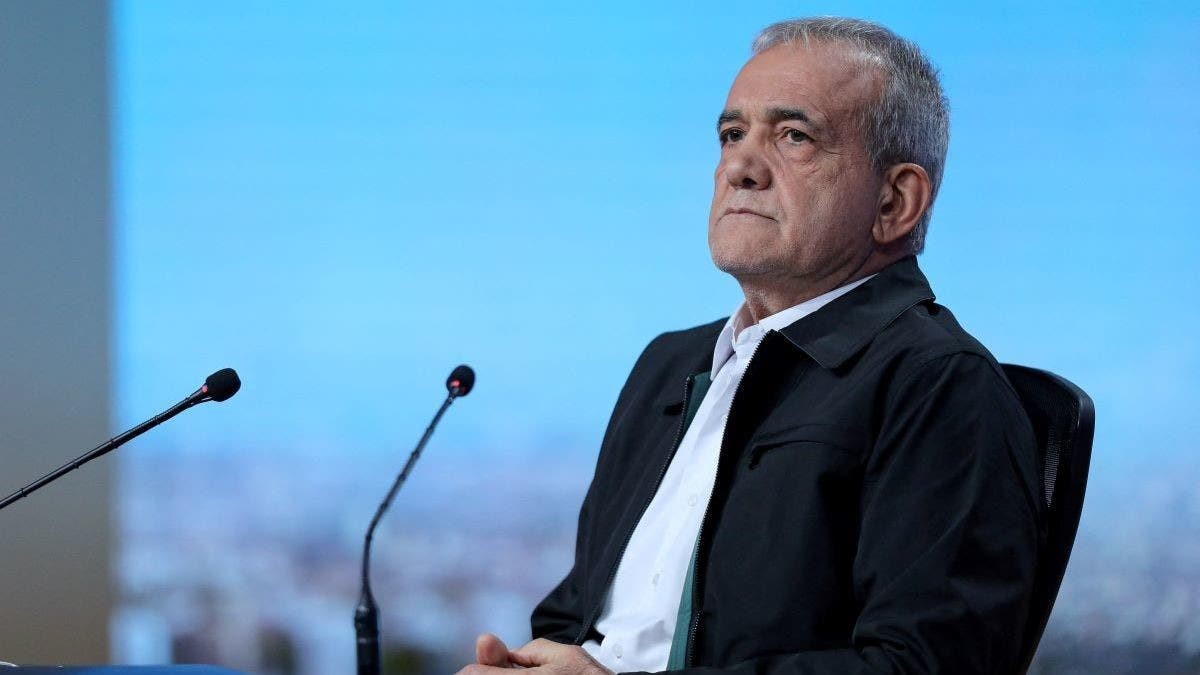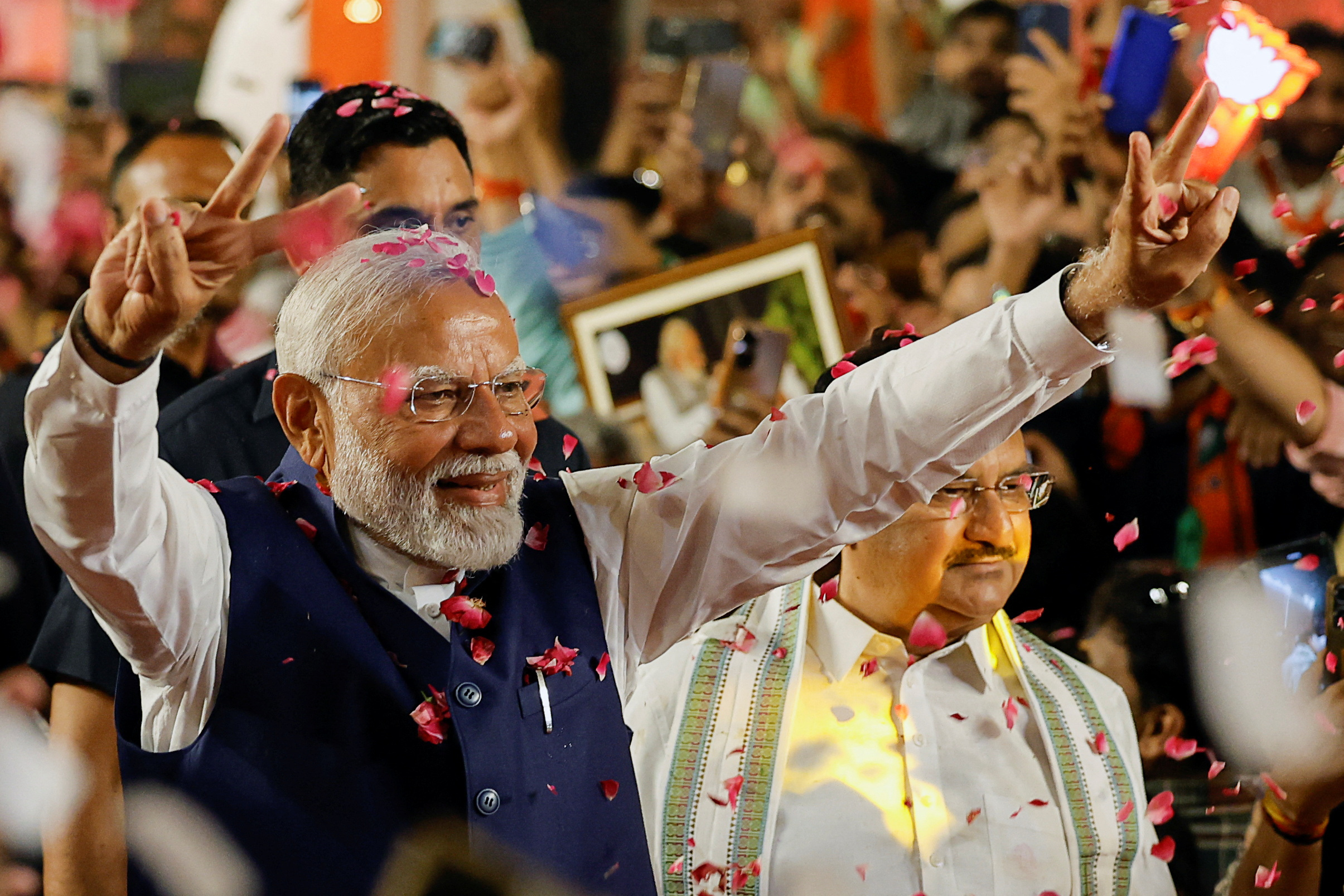Bangladesh operates as a parliamentary democracy and holds elections to determine its political representatives. Here is some information about the election system in Bangladesh:
- Jatiya Sangsad (National Parliament) Elections: The Jatiya Sangsad is the unicameral national parliament of Bangladesh. It consists of 350 seats, of which 300 members are elected through direct popular vote in single-member constituencies, and the remaining 50 seats are reserved for women, allocated based on proportional representation among political parties. Elections for the Jatiya Sangsad are held every five years.
- Electoral Process: The Election Commission of Bangladesh is responsible for organizing and overseeing elections in the country. It ensures the transparency and fairness of the electoral process, including voter registration, candidate nomination, and the counting of votes. International observers may be invited to monitor the elections.
- Voter Eligibility: Bangladeshi citizens who are at least 18 years old have the right to vote. Voter registration is required, and citizens must be included in the electoral roll to participate in elections. The Election Commission conducts voter registration drives and issues voter ID cards to eligible voters.
- Election Results: The candidate who receives the highest number of valid votes in each constituency is declared the winner and assumes a seat in the Jatiya Sangsad. The political party or coalition that secures the majority of seats forms the government. The leader of the winning party becomes the Prime Minister, who is responsible for leading the executive branch of the government.
- Local Government Elections: In addition to national parliamentary elections, Bangladesh also conducts elections for local government bodies, such as city corporations, municipalities, and union parishads. These elections allow for local representation and decision-making at the grassroots level.



